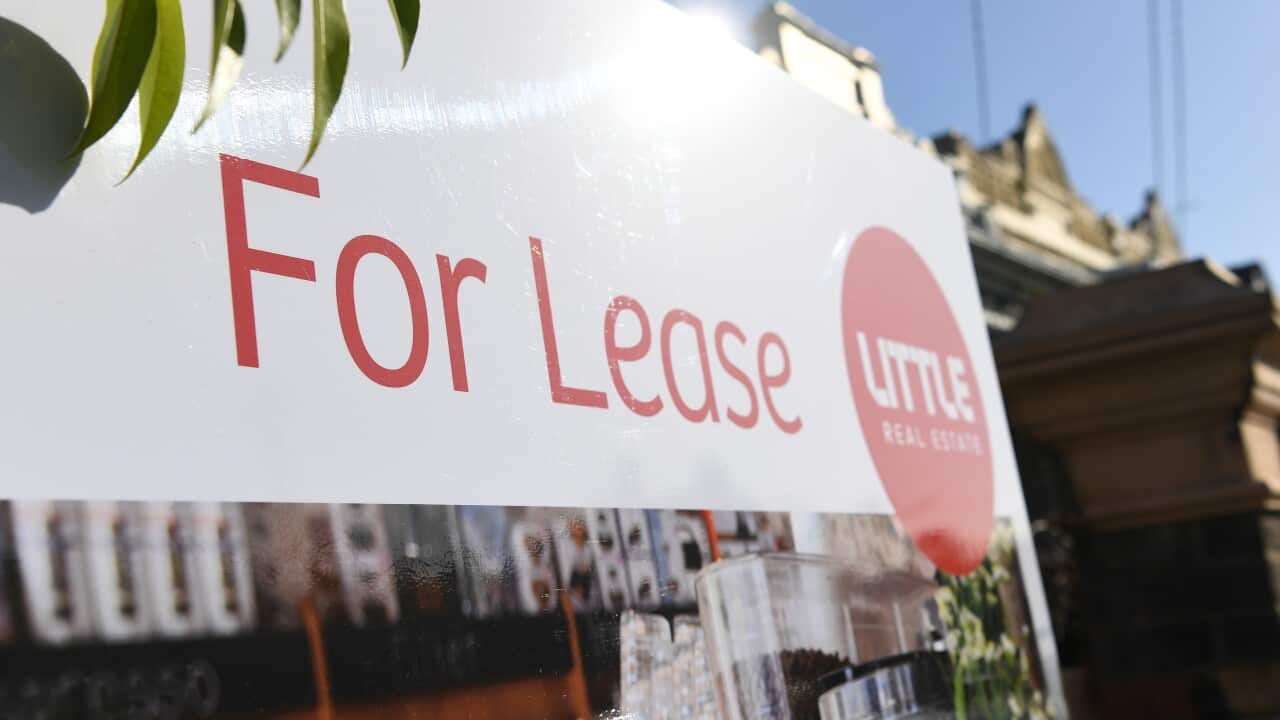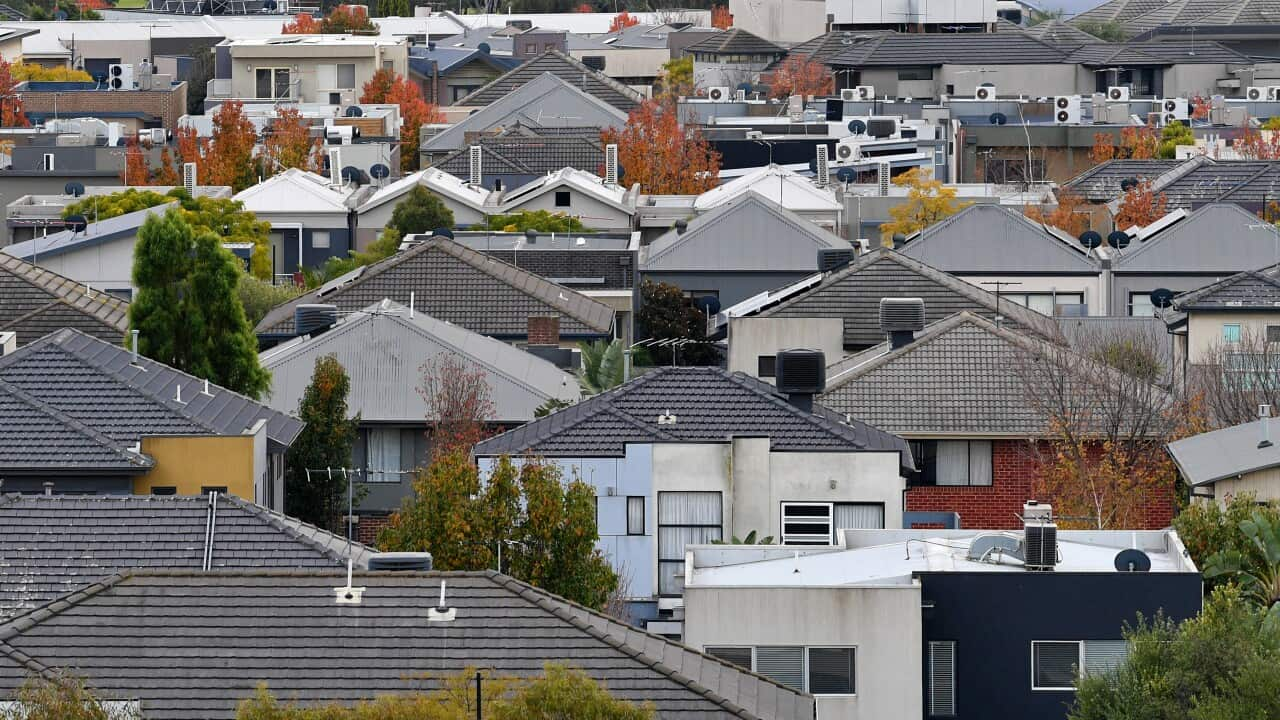Renters' rights are back in the spotlight ahead of a National Cabinet meeting next week.
Prime Minister Anthony Albanese and state and territory leaders will convene to discuss housing affordability and planning reforms amid .
“Our key priority for this meeting is increasing housing supply and affordability across Australia," Albanese said in a statement on Tuesday.
It has also been reported that the federal government, states and territories aim to strike a deal to better align rental policy across the country.
However, Albanese says a national rent freeze is not on the table, despite demands from the Greens, whose support he needs in the Senate to pass .
As leaders prepare to meet, here's a look at how Australia's rental laws compare to some other parts of the world.
Firstly, what do Australia's rental laws look like?
They differ across states and territories.
Typically, unless specified in the contract. In the case of periodic tenancies, increases are usually restricted to once every 12 months.
Rental laws in almost all jurisdictions do not limit the amount by which rent can be increased, but landlords are generally required to explain how the rise was calculated.
The ACT has what some have described as where in some cases, a rental increase is considered excessive if it's 10 per cent more than the rents component of the Consumer Price Index for Canberra.

Rental laws differ across states and territories. Source: AAP / Flavio Brancaleone
"The ACT has done this already, and [South Australia] and NSW have made commitments to the same. Other jurisdictions should follow suit," said Joel Dignam, executive director of Better Renting, in a statement on Wednesday.
In most states and territories, a landlord must give between seven and 14 days' notice if they want to enter a rental property. In Tasmania, only 24 hours is required.
In Victoria and Queensland, a landlord cannot unreasonably refuse a tenant's request to keep a pet. The NSW government has said is working on reform .
United States
Like Australia, rental laws in the US vary from state to state.
Some states have adopted part or all of the Uniform Residential Landlord and Tenant Act.
This states, among other things, that a landlord is obligated to carry out repairs, and provide at least 72 hours' notice if they want to inspect the property.
Landlords can follow a process to evict a tenant in the event of serious breaches, such as failing to pay rent or illegal activity on the premises, and tenants can seek to terminate the lease if the landlord fails to address issues that make the property uninhabitable.
It does not contain rules on keeping pets, or how frequently or by how much rent can be increased.

Rental laws in the United States vary from state to state, although some follow all, or part, of the Uniform Residential Landlord and Tenant Act. Source: AAP, EPA / Allison Dinner
Rent control . In New York, for example, the NYC Rent Guideline Board decides each year how much the price of rent for rent-stabilised units can increase.
But those apartments are far fewer in number than those on the private market, where landlords can decide what a fair increase is when the lease agreement ends.
Sweden
In Sweden, everyone has a right to housing and stronger rental controls exist than in Australia and other parts of the world. But that's not to say tenants don't face problems.
The overwhelming majority of apartment rental prices are set through collective bargaining between the Swedish Tenants Union and landlords, both public and private.
In May, as it neared the end of the yearly bargaining process, the union said the average increase was 4.2 per cent — the largest hike in 30 years.
For properties that aren't subject to this process, including houses, the rent cannot exceed the landlord's operating costs, such as utilities, and the cost of capital considered to be about 4 per cent of the market value of the home.

Stockholm, Sweden. The average increase across rent-controlled apartments in the country was 4.2 per cent this year — the largest hike in 30 years. Source: AAP / James Lane
And to retain your place in the queue comes at a cost. For example, in Sweden's third-largest city, Malmö, it's SEK300 ($43) a year.
There is a subletting market for those who are not in rent-controlled housing. These properties are meant to be rented at a rate no higher than the figure noted on the main lease, unless it is furnished. In those cases, up to 15 per cent extra can be charged.
Tenancy agreements are typically shorter too — usually a year or two — unlike those in rent-controlled apartments, which are lifelong.
But despite laws designed to keep prices under control, many sublets go for prices in excess, the BBC reported in 2021.
Tenants can typically only be evicted if there's a serious breach such as unpaid rent or damage.
Regional rent tribunals hear disputes, and can order a landlord to pay money back if it finds the tenant has been overcharged on rent.
Singapore
Singapore's rental laws are weaker when compared to some other parts of the world, and the duties of a landlord and tenant are primarily set out in the terms of the tenancy agreement.
Landlords are forbidden from renting properties for fewer than three consecutive months, unless they have permission from Singapore's urban planning authority. Those who do so without permission can face fines.
United Kingdom
Rental laws differ in England, Wales, Scotland, and Northern Ireland.
Typically, tenants on a fixed-term agreement can only have their rent increased if they agree. Otherwise, the landlord can do so when the term ends.
A landlord can increase the rent for a tenant on a periodic agreement once a year.
Any increase must be "fair and realistic", according to the UK government, which it says means "in line with average local rents".
If a landlord wants to evict a tenant, there is a process they must follow, and if they don't, they may be guilty of harassment or illegal eviction, the UK government states.
If they want to enter a rental property, a landlord must give their tenant 24-48 hours notice, depending on where they are in the UK and what type of rental agreement they have.
When it comes to pets, renters in Scotland can keep them unless their tenancy agreement expressly forbids it, but they should still notify their landlord, according to consumer watchdog Citizens Advice. This is similar to the law in Northern Ireland.
In Wales and England, a landlord cannot unreasonably refuse a tenant's request to keep a pet.











